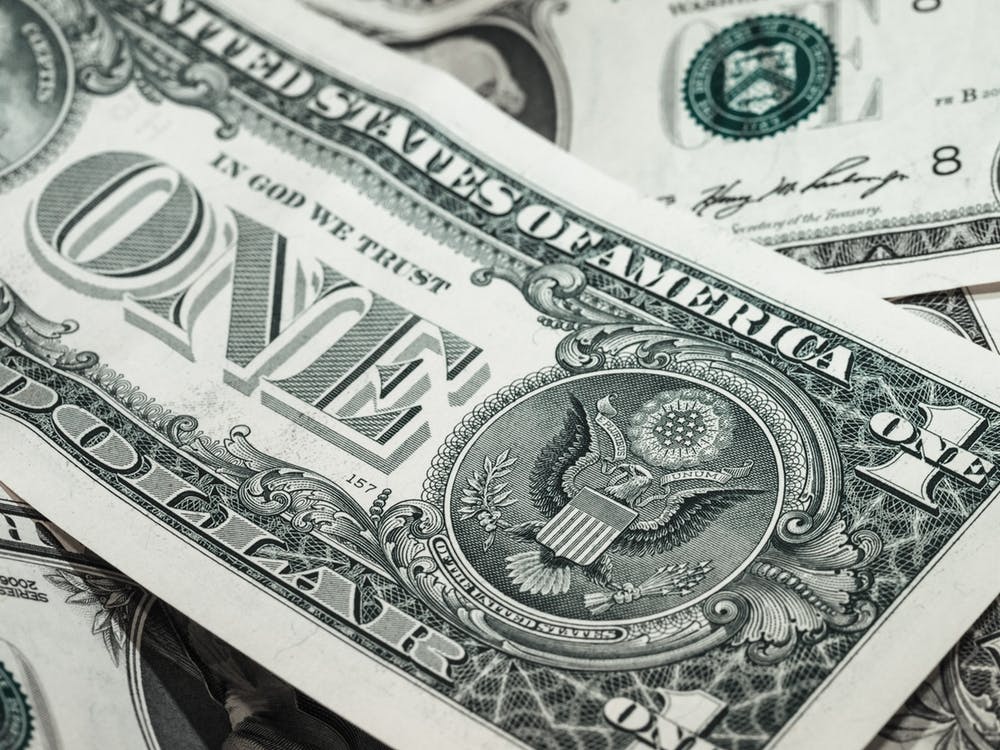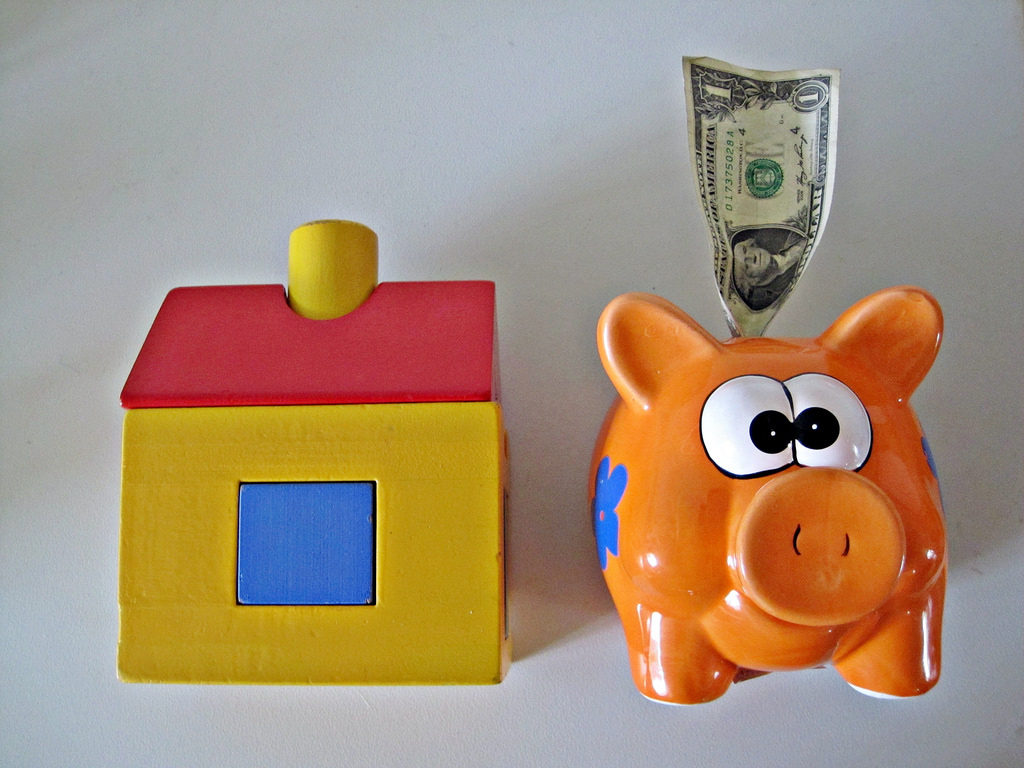
While the words, “financial emergency” have become part of our common parlance, it doesn’t have a clear meaning. In fact, it means different things to different people.
What counts as a financial emergency?
- Is it buying the perfect suit or dress for a best friend’s wedding?
- Is it a discounted ticket to a once-in-a-lifetime opportunity to join an MLM supplement product at the ground level that takes annual trips to Bali?
- Is it buying an overpriced ticket from a ticket scalper to a rock concert happening in your neck of the woods because the band that has been on your bucket list since you were little?
- Is it a liquidation sale where this unbelievable electronic drum set has dropped from a few thousand dollars to a few hundred dollars?
Although these may feel like an emergency, they aren’t exactly life-or-death situations, and if you do spend money on them, you may even regret it. In hindsight, they may not turn out to be as monumentally significant as they might appear to be right now.
Let’s take a look at what you should do if you have a financial emergency, how to build a financial emergency fund, and what counts as a financial emergency.
How to Take Care of a Financial Emergency
While asking your bank for a personal loan or a line of credit or getting a payday loan from an alternative lender might appear to be a quick solution, both these strategies have some serious shortcomings. Your bank may take a long time processing your request and may decline because you’ve overdrawn on your account a few times or your credit score isn’t as high as they’d like to see it. Meanwhile, a payday loan will give you the money fast, but you will only be able to get a small amount, be expected to pay it back quickly and be charged a high-interest rate for it.
A better idea is to get on your computer and start a search for online installment loans. These are an alternative option to payday lending. You may be able to get a personal cash loan up to $1250. Moreover, it can be paid off in a flexible way, through an installment plan that works with your paycheck schedule and your billing due dates. If you can verify that you have a steady source of income, show that your checking account is active, and display a social security card, then you’re good to go, receiving the money quickly.
Building an Emergency Fund
An emergency fund should consist of a minimum of six months of income stashed away in a savings account. In other words, you could maintain your current standard of living for six months.
You can build this account in the following 4 ways:
- Manually record your expenses so that you become aware of your spending habits.
- After you’ve done this for a month, you’ll have all the information you need to create a realistic budget.
- Figure out how much you can save from each paycheck. Although at first blush, this may seem impossible, think about all the things you don’t need. For instance, streaming video, a daily stop at Starbucks for your caffeine fix, and so on.
- Put your savings on automatic, making it come out of your paycheck’s direct deposit before you even see the money.
What Counts as an Emergency Fund
Here are 5 examples to clarify what counts as an emergency fund:
- You have suddenly lost your job and you need to keep a roof over your head and put food on the table until you find another one.
- You have a toothache or need to see the doctor for a recurring health problem.
- You have unexpected car expenses. Your car breaks down or needs repairs for safe driving or you forgot to renew your car insuranceand must pay for it immediately to stay legal on the road.
- Your home has a serious problem. It’s a heat wave and your air conditioner breaks down. It’s winter and the roof is leaking. Your overflowing toilet is flooding the bathroom.
- A family member is critically ill and has been hospitalized or has died and you need to pay for travel costs.
In conclusion, a financial emergency is an unexpected expense that threatens your health, wealth, or well-being if you don’t take care of it quickly. By saving money to create an emergency fund, you’ll have the cash available to handle these unexpected situations.


